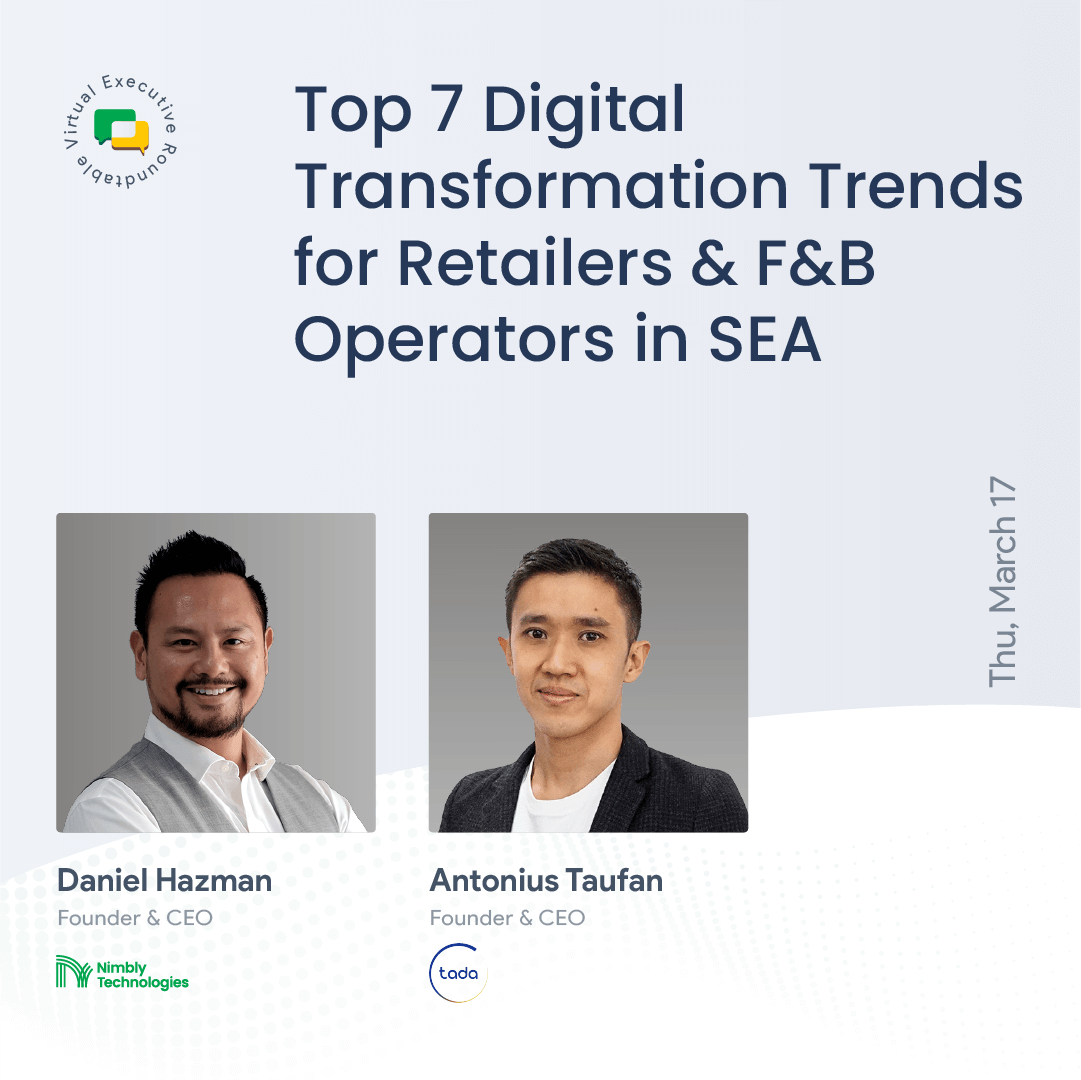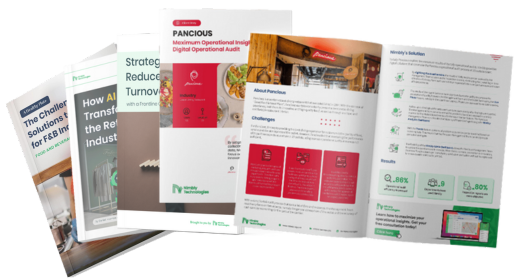

The retail industry is tracked by economists based on their performance, by tracking retail sales, and take it into account while making decisions about the economy. This is due to the fact that the retail sector as a whole, as well as individual retail businesses, play a significant part in our lives on many different levels and are not just used as a means of making sales.
The easiest way to explain what is retail, is that essentially, retail is the sale of a good from a store to a consumer. Retail transactions take place at a single point of sale, such as a store, website, direct sales channel, or catalog.
In the retail industry itself, the majority of retailers don't produce their own goods. Retailers buy in bulk from wholesalers and market these goods to the general public as single units. In the commercial supply chain, the retailer serves as a middleman between the wholesaler and the end user.

From consumers and manufacturers to the retailers themselves can get some benefits from retail. The importance of retail is actually not exclusive to those communities. Instead, it has its own part for an entire economy and also culture in some cases.
Consumers get the benefit as they can get the wanted goods in a convenient way. Since they buy goods in a small amount, they have to pay higher to retailers, and that is how retailers get the benefit as the large number of goods that they buy costs less from manufacturers or agents.
Moreover, manufacturers get the benefit of retail from their products being sold by retailers to consumers. Consumers then can give some feedback on the products for development purposes. This whole distribution needs workers to get involved, which is great for the economy.
There are a number of factors that goes into the retail process. Let's take a look at a couple.
Manufacturers, wholesalers, retailers, and customers make up the retail supply chain, which is how the industry functions. The retail industry depends on each link in the supply chain to function. Here's a short breakdown on how the supply chain works in retail:
Creating satisfying customer experiences is crucial for business success in retail. Sales in retail are dependent on satisfying shifting consumer wants. Location, the time of year, popular trends, and many other variables all have a significant impact on customer expectations.
The greatest retailers sell tailored and personalized shopping experiences through innovative branding and supplementary services. They have in-depth knowledge of their clientele and consistently work to market the ideal goods at the ideal costs.
To meet the unique expectations and wants of their individual clients, different sorts of merchants will target various customer niches and employ various sales strategies. For instance, some clients may be seeking convenience, while others may be looking for luxury items and services.
Most likely, you are already familiar with some or all of these typical sorts of retailers.
Large stores that carry both products from their own line and those from other manufacturers.
We're all familiar with e-commerce and online shopping. These stores sell their goods via online platforms.
It is an establishment with convenient hours and a small selection of groceries and household items.
A supermarket is a self-service store with various food, drink, and household goods options divided into categories. While this type of store is bigger and has a wider variety of products than older grocery stores, it is smaller and offers a smaller selection of goods than a hypermarket
Warehouse stores sell a wide range of products at prices generally lower than market price. They target consumers who want to purchase items in bulk as a cost-saving method.
Specialty shops focus on a specific product category or market.
Brand-name goods are sold at a discount in outlet stores.
No matter the type or size of your retail business, in order to succeed in this industry there are a number of key areas that need to be kept top of mind.
Adopting a customer-first mentality, selectively hiring to ensure you have the right people in your team, standing by your products, and ensuring systems and processes are in place for smooth execution and increased sales are among a few.
Digital solutions like Nimbly can help contribute to the success of your business, as it helps simplify and create efficient operations for your stores, by enabling your workers and front liners. Having the visibility to see your operational activities in real-time, being able to identify issues and resolving them straight away, as well as getting insightful data to make informed decisions can help you stay on top in this challenging industry. Request for a free consultation to find out more.
